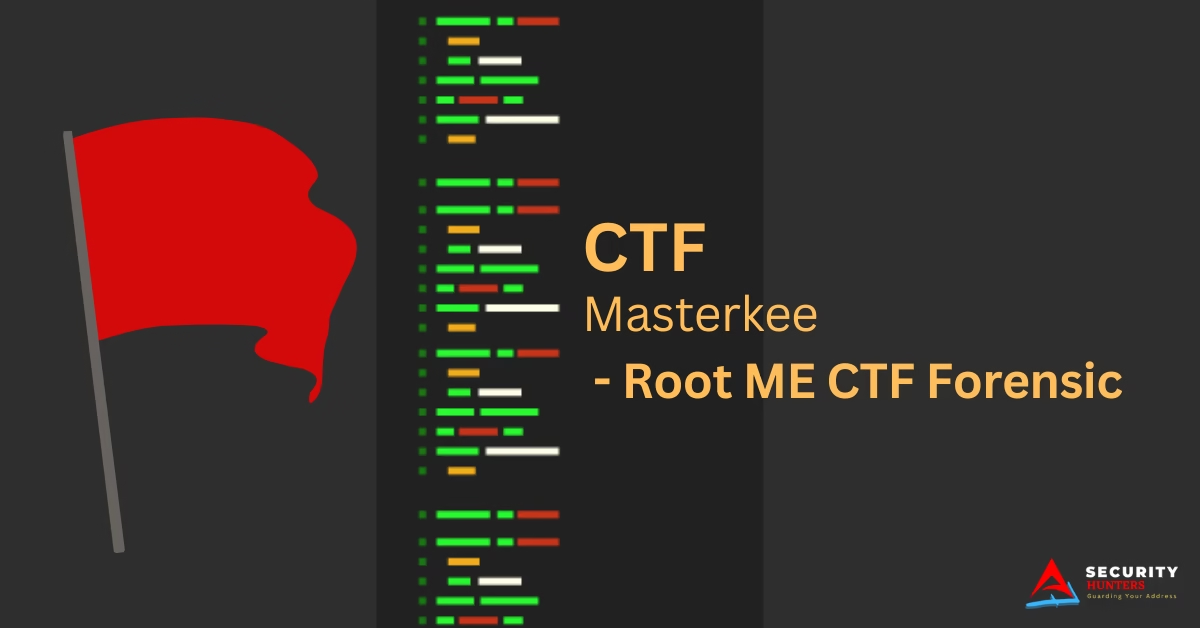Can You Really Learn Cybersecurity Without a Tech Background?
Absolutely! Many people believe cybersecurity is only for computer engineers or coders, but that’s not true. The demand for cybersecurity professionals is growing so fast that the industry is welcoming individuals from non-technical fields — and offering them a clear path to success.
If you’re someone who has never written a single line of code but feels curious about how to protect digital systems and data — you can still earn a cybersecurity certification and build a rewarding career.
Let’s explore how.
Table of Contents
ToggleWhy Cybersecurity Doesn’t Always Need Coding
Cybersecurity is a vast field. While some areas involve programming, others focus more on understanding systems, managing risks, analyzing threats, or investigating digital crimes. You don’t always need to know how to code — especially at the beginner or intermediate levels.
For example:
- Security analysts often use tools to detect threats — no coding needed.
- GRC (Governance, Risk & Compliance) professionals handle cybersecurity policies.
- Digital forensics experts investigate breaches using ready-made tools.
- Penetration testers can use graphical tools like Burp Suite or Wireshark.
If you’re passionate and willing to learn, your background won’t hold you back.
How to Start Learning Cybersecurity (Without a Tech Degree)
Here’s a beginner-friendly path you can follow:
1. Start with the Basics
Learn the core concepts like:
- What is a cyberattack?
- How do viruses/malware work?
- What’s the difference between black hat and white hat hacking?
You can find beginner-friendly online cybersecurity courses (like those from A7 Security Hunters) that explain everything from scratch.
2. Take a Beginner-Level Certification
Enroll in a certification program that doesn’t require prior technical knowledge. Some top options include:
- CEEH (Certified Expert Ethical Hacker) – offered by A7 Security Hunters
- CompTIA Security+
- ISO 27001 Foundation
These courses explain everything in easy language and offer step-by-step guidance.
3. Practice with Tools
Start exploring cybersecurity tools through guided labs. Many online platforms give access to virtual environments where you can practice safely.
4. Join Online Communities
Ask questions, attend webinars, and network with others. You’ll gain confidence and learn much faster.
How A7 Security Hunters Helps Non-Tech Learners
At A7 Security Hunters, we specialize in training students from non-technical backgrounds. Here’s what makes us different:
- Live online classes in simple language
- Supportive instructors with real-world experience
- Lifetime access to learning material
- Job-ready certification like CEEH (Certified Expert Ethical Hacker)
- Hindi and English training options available
We focus on practical skills, not just theory. By the end of the course, you’ll know how to identify, prevent, and report cyber threats — even if you never studied IT before.
Real Success Story: From B.Com to Cybersecurity Analyst
Rohit, a 26-year-old B.Com graduate from Rohtak, joined our Ethical Hacking Course last year. With zero tech experience, he was nervous at first. But with regular guidance and practice, he cracked the exam and now works at a private cybersecurity firm.
You can do it too.
Final Thoughts
If you’ve ever thought cybersecurity isn’t for you — think again. With the right guidance and beginner-friendly courses, anyone can earn a cybersecurity certification, even without a technical background.
Ready to start?
👉 Explore our beginner-friendly online cybersecurity course at A7 Security Hunters




